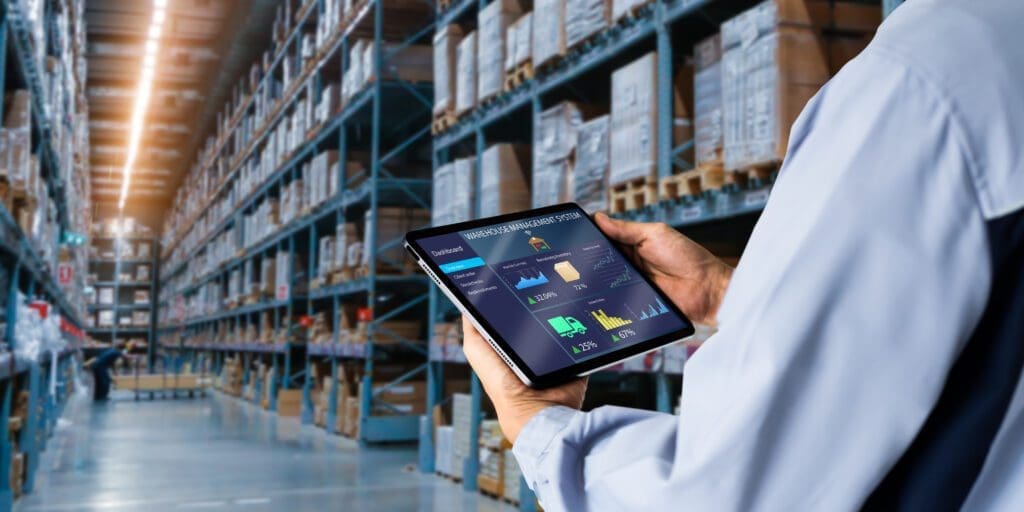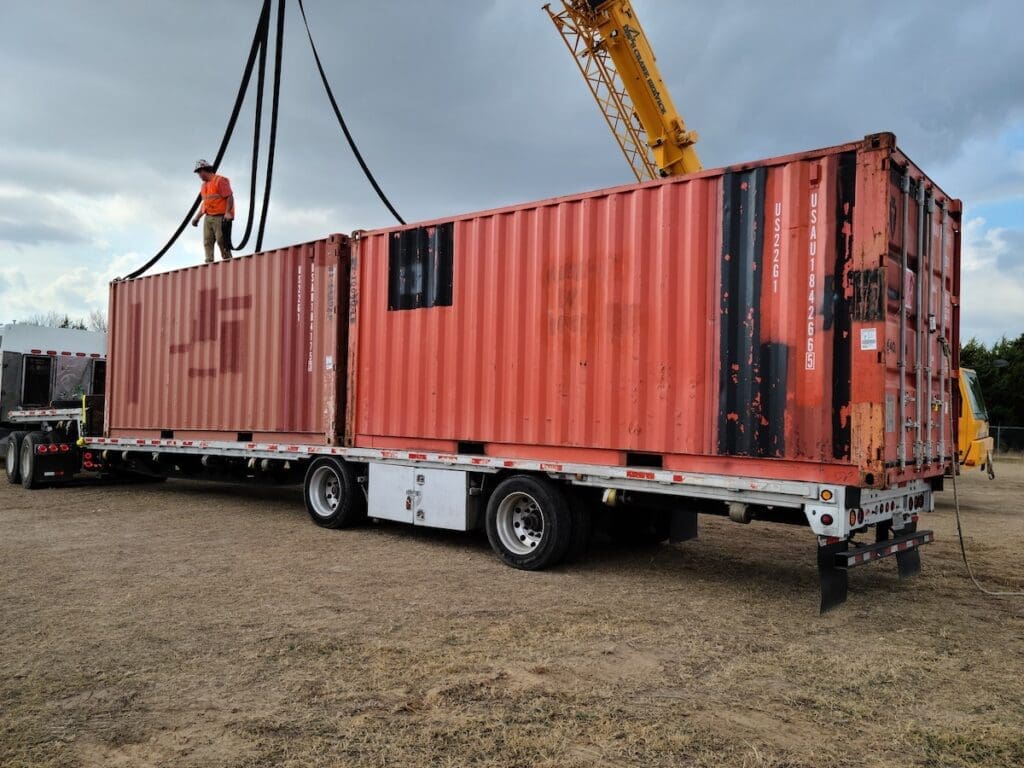Advancements in technology continue to change how businesses operate, and it’s crucial for business owners to stay up to date with current trends. Certain trends have shown up in 2023, and businesses should take note of these to improve their operations. Logistics software is designed to help businesses manage orders, inventory, various warehouse operations, and more.
Artificial Intelligence
Several businesses are investing in artificial intelligence (AI), which can help train employees, create various work tools, and more. For example, AI can be used to program warehouse robots, allowing the robots to perform several tasks, such as sorting and receiving items, efficiently and quickly.
Internet of Things and Smart Devices
The Internet of Things (IoT) is defined as the network of physical “things” that contain sensors, software, and other technologies in order to connect and exchange data with other devices across the internet. While using IoT can be challenging to incorporate in the logistics department, one major benefit that studies have shown is the ability to exchange reliable information with full transparency.
Cloud-Based Solutions
Businesses adopting cloud-based solutions for their operations has been a common practice for years, but this is expected to expand further in 2023. By using a cloud-based service, systems can easily share data across the entire team. Using cloud-based solutions also allows employees to share certain data without the need to be on work premises. While these solutions can be beneficial, they must be kept up to date to prevent problems.
Advanced Data Analytics
Data analytics are used to determine if there are any specific trends or insights in an organization that can be used to make future decisions. Should there be a problem, or if a business wants to improve how they conduct business, analyzing various data can help businesses make informed and improved decisions.
E-Commerce Integration and Omnichannel Logistics
Online shopping continues to be a highly profitable field, and many businesses are taking advantage of this to increase sales. Also, using omnichannel logistics allows customers to browse, purchase, or return products through whatever means they wish. Using e-commerce and omnichannel solutions streamlines business operations, saving both employees and customers time and effort that can be put into other operations.
Warehouse and Inventory Management Innovations
New technologies have allowed warehouse and inventory operations to be both simulated and performed more efficiently. Using simulation tools, you can determine if there are any vulnerabilities in your warehouse layout should a problem arise, allowing your business to resolve the problem and improve your operations. Also, with the advancement of AI, robots can be constructed to improve inventory and warehouse operations further.
Transportation Management System Enhancements
Transportation management systems (TMS) are used to efficiently plan and optimize the transportation of goods while ensuring proper documentation is available. With online shopping continuing to evolve, transportation must keep up with the high demand. Because of this, using a TMS can streamline the process of transporting various goods, making it more efficient.
FAQs:
With recent developments in logistics software, businesses may be unsure how to adopt new trends and systems. Below are a few common questions people ask regarding logistics software in 2023.
What Is Logistics Software?
Logistics software is defined as solutions that improve the efficiency of inventory and warehouse management, transportation management, and more. This software is used to improve coordination between all aspects of order management, improving daily functions.
How Does AI Impact Logistics Software?
By using AI software, businesses can improve overall supply chain management because the AI can determine what operations need improvements. It can also determine how best to handle a potential scenario or problem. A supply chain using AI software benefits in many ways, including enhanced productivity, increased accuracy in capacity planning, improvement in forecasting demand, and more.
How Does Data Analytics Improve Decision-Making in Logistics?
Data analytics can point out any potential problems in any aspect of the logistics field. For example, if there are problems with order management, the data will reflect this, allowing the business to make necessary adjustments.
Why is E-Commerce Integration Important for Modern Logistics Software?
Because of the prevalence of online shopping, logistics software must account for this area of business. More than 22% of shopping is done online, and businesses must note this to streamline their operations.
Next Exit Logistics Can Help
Our team at Next Exit Logistics can assist you if your business is looking to improve its warehouse, inventory, or order management. Contact us today to learn more.




